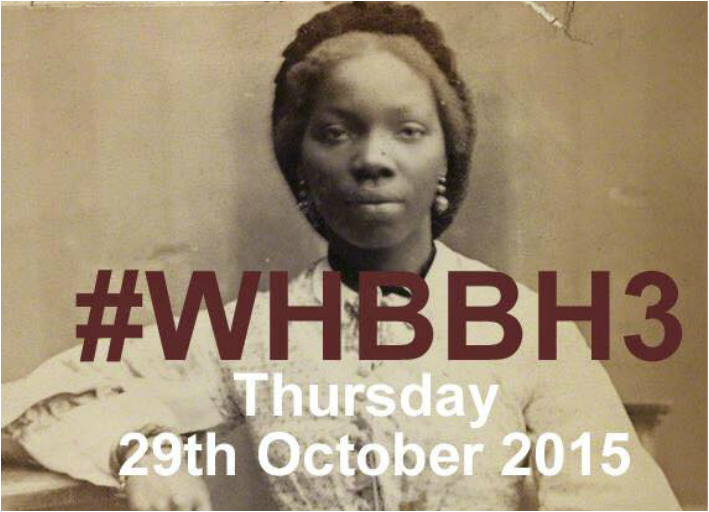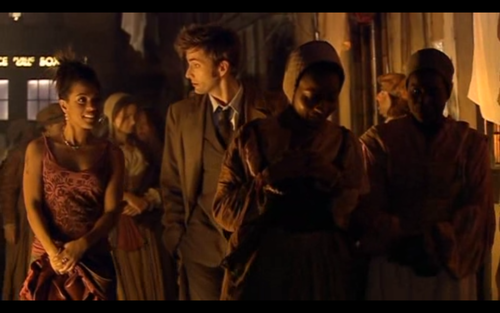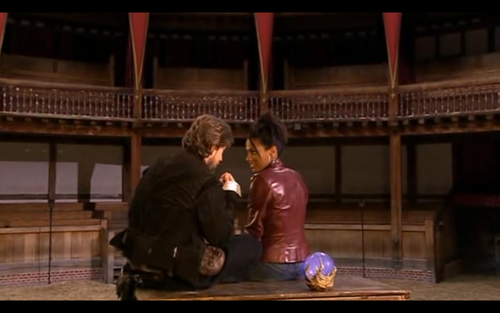
Following the success of our two previous events in London and Liverpool, we would like to invite you to the third of the Institute of Commonwealth Studies’ Black British History Workshops at Senate House, London, on Thursday 29 October 2015.
The aim of the series is to foster a creative dialogue between researchers, educationalists (mainstream and supplementary), archivists and curators, and policy makers. It seeks to identify and promote innovative new research into the history of people of African origin or descent in the UK.
Researchers and archivists will provide an introduction to the ever-growing body of resources available.
We will also discuss the latest developments in the dissemination of Black British history in a wide variety of settings including the media, the classroom and lecture hall, and museums and galleries, thus providing an opportunity to share good practice.
In our third workshop we would like to explore the following themes: What kinds of new approaches to teaching Black British History might help to foster a greater interest in the field?
- Do current teaching approaches focus excessively on the promotion of Black British heroes/role models from history?
- Has enough attention been paid to gender in Black British History, including the role of women and members of the LGBTQ communities?
- To what extent does Black British History need to take into account the conscious or unconscious exclusion of people of African origin or descent from the historical record?
The workshop will be divided into three panels, followed by a round-table discussion. Each panel will consist of three presentations lasting for 15-20 minutes.
We would be delighted to hear from researchers, educationalists, archivists and curators or others interested in offering a presentation. Please submit a title and a brief description of your presentation either in writing (in which case, of no more than 300 words) or in some other form (for example a clip or podcast) with an indication of which panel you envisage contributing to, to Dr. Miranda Kaufmann at [email protected] by 31 August 2015.
The day will run from 11am to 6.00pm, followed by a Reception.
There will be a registration fee of £20 (£5 for students/unwaged) to cover the costs of lunch and refreshments. Registration will be open on Tuesday 1st of September.


 RSS Feed
RSS Feed
